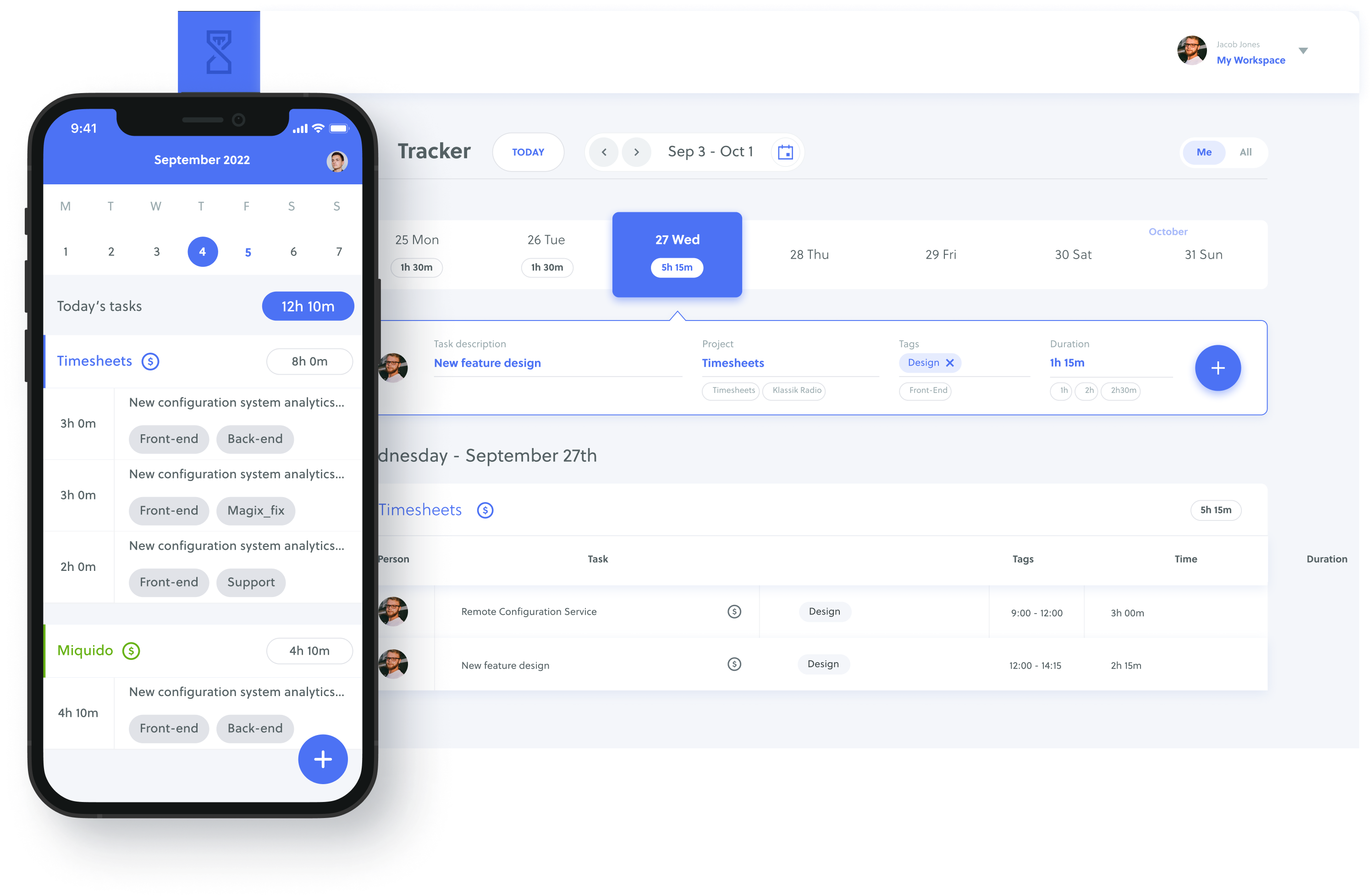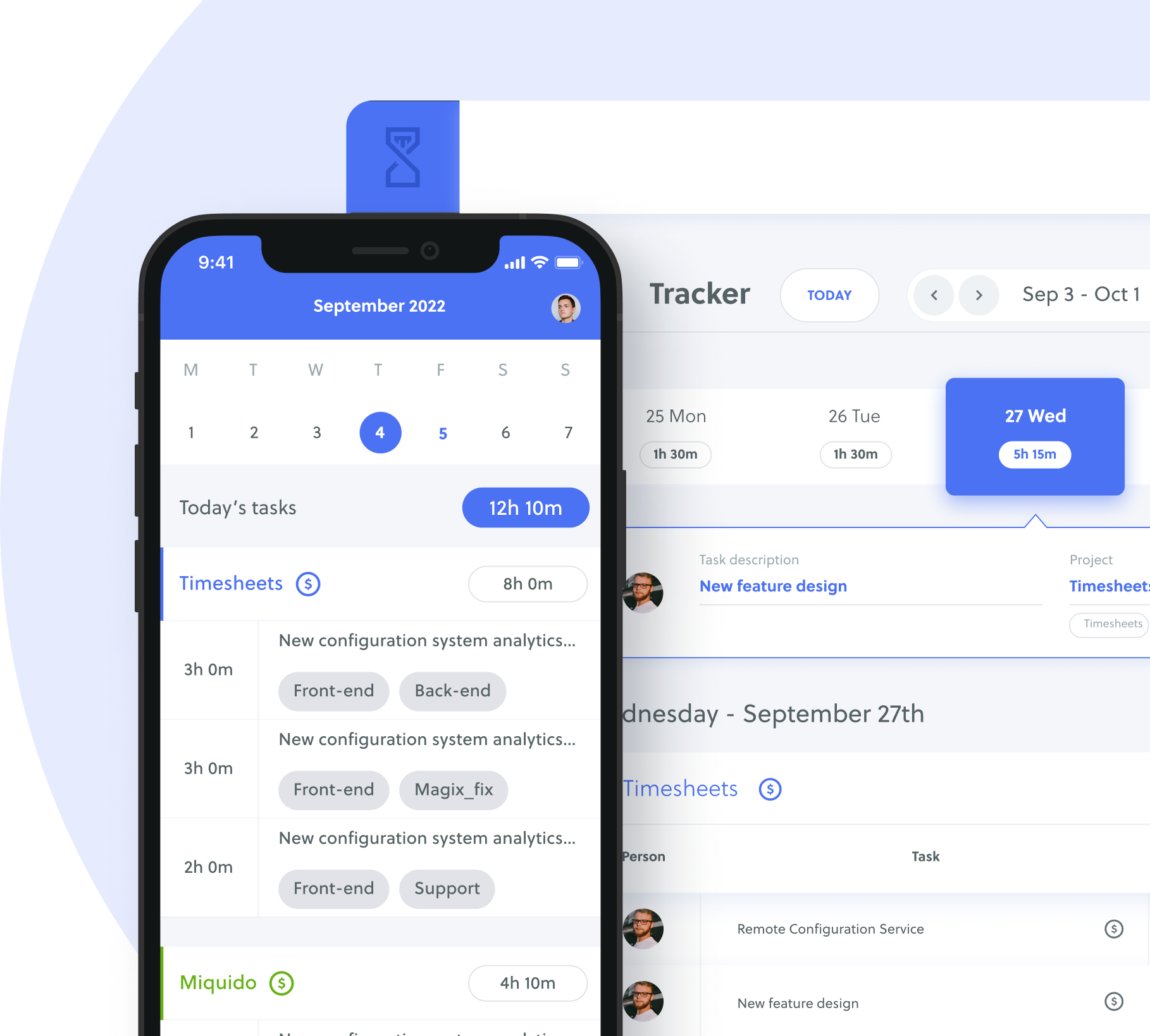A business day is a unit of time when people are typically working. It is measured as the number of hours or days that make up a working week and can vary from company to company. Being aware of what constitutes a business day can be very helpful in setting expectations and knowing how long it will take to complete important tasks.
It can also help you better manage your time at work so that you don’t miss deadlines or run into scheduling conflicts with coworkers. Knowing when a business day begins and ends will also ensure that you don’t forget to include important details in your work schedule. Whether you’re an employee or employer, understanding the concept of a business day is key to successful operations in any organization!
Keep reading to learn more about what defines a typical business day or how many actual days are there in a traditional business day.
Table of Contents
What Is a Business Day?
If you’ve ever placed an online order, you’re probably very familiar with the concept of the “business day.” This refers to any day during the workweek (Monday through Friday, excluding holidays) when orders can be shipped out. When it comes to online shopping and selecting “one business day shipping,” this means that your item will be sent on the very next business day regardless of what time you made your purchase. It’s important to note that most post offices are closed on weekends and national holidays, so even if you order something in the evening, it likely won’t ship until Monday unless a holiday intervenes.
Generally, a business day is a day in which business, typically offices and services, can be conducted. It is usually defined as any day during the week that is not a Saturday, Sunday, or official national holiday in the United States. Business days are generally considered to start at 9:00am and end at 5:00pm local time, with a one-hour break for lunch. Many companies also operate on extended hours and may open earlier and close later than these standard times.

In the United States and many other countries around the world, including Canada, Mexico and most of Europe, business days usually refer to Monday through Friday (excluding public holidays). However, some countries have different definitions of what constitutes a business day.

For example, in the United Arab Emirates, employees work an 8-hour day from 7:30am to 3:30pm following Monday through Thursday. On Fridays, the working hours are slightly shorter, beginning at 7:30am and ending by midday.

The traditional business week in Saudi Arabia officially runs from Sunday to Thursday, which gives employees the opportunity to enjoy two full calendar days off – typically Friday and Saturday.
Internationally there is no single definition of what makes up a “business day”, so it could vary depending on which country you are located in.
Overall though, a business day is considered to be within the traditional working hours from Monday through Friday that does not include public holidays or weekend days (Saturday & Sunday). Businesses typically use this definition when calculating timelines for payments or deadlines for contracts to ensure that everything occurs within a reasonable period of time according to industry standards.
How Long Is a Business Day?
A business day is typically a standard eight-hour workday. This is usually eight hours, with a one-hour lunch break for a total of seven actual hours. However, there are some exceptions and special circumstances in which the length of a business day may vary.
For instance, in some industries, shifts will cover different parts of the day and night—such as the night shift or extended banking hours. In these cases, the length of the business day can be changed to accommodate those needs. Similarly, if employees are working remotely at different times—as is increasingly common due to COVID-19 regulations—the length of their workday may also vary.
When businesses operate across multiple local time zones, they may adjust their operating hours to ensure that all teams have at least some overlapping working hours every day.
At the end of the day (pun intended), when it comes to determining how long a business day is, it’s largely up to individual employers and employees to decide what works best for them based on their unique circumstances.
What Is the Difference Between Business Day and Work Day?
A business day is typically a day when businesses are open and operational, usually from Monday to Friday, excluding public holidays. A work day is similar in that it’s the amount of time an employee is expected to work during the business day – typically around 8 hours.
The biggest difference between a business day and a work day is that not everyone works for the same amount of time on any given business day. Depending on their job and industry, some employees may be required to put in extra time (e.g., overtime), whereas others might have more flexible hours or even work from home. Employees who own their own businesses may not have any defined hours at all, working solely when inspiration strikes!
Furthermore, while many people assume that a work day ends when they leave the office, certain roles may still require them to check emails or take calls after hours – meaning their actual “work” may extend beyond the traditional 9-5.
In the end, a traditional business day refers to when an organization operates as opposed to how long its employees are expected to be at work – so while you might finish up at 5 pm on Tuesday evening, your employer’s business operations still continue until Friday if it’s open Monday through Friday.
This can be confusing for those trying to keep track of vacation days or sick leave as it isn’t always guaranteed that paid time off will fall within what would technically classify as a “business” versus “work” day!
What Is the Difference Between Business Day and Business Hours?
A business day is a unit of time in a work week that typically spans from Monday to Friday. Business hours refer to the amount of time within a day that an organization operates and serves its customers or clients. Whereas business days can span 5-7 days per week, business hours are generally restricted to regular operating hours at any given business.
As an example, many banks operate from 9am – 5pm during the workweek but may be closed on weekends and national holidays. The same applies to other businesses like restaurants or retail stores which have certain times when they open and close each day. With business days, you know that there will be days off between work weeks, while with business hours, you know how long you’ll have to wait before your product is delivered or a service appointment begins.
Common Questions and Answers About Business Day
Are you curious about what a typical business day looks like? Are you looking for answers to common questions about this type of day? You’re in the right place! Let’s look into the most common queries about a business day.
Is Saturday a Business Day?
No, Saturday is not typically a business day because it is the weekend. Most businesses have regular business hours that run Monday through Friday and are closed on the weekends.
What Is Business Day for Banks?
Business day for banks is typically defined as any day in which they are open and conducting normal business operations. This may vary from bank to bank, but generally speaking, most banks will be open Monday through Friday and closed on weekends and holidays. Some banks may also be open on Saturdays but have limited settlement time periods.
What Are Business Days in Shipping?
Business days in shipping refers to the number of days that it takes for an item to be shipped from point A to point B. When calculating the length of time for shipment, weekends and holidays are usually excluded since these days do not count as working or business days. The exact length of time will depend on the method of shipping used, such as ground mail, air mail, or overnight express delivery.
What Is the Definition of Business Day in Contract?
The definition of a business day in contract law depends upon the jurisdiction and must be specified in contracts for them to be legally enforceable; however, in most cases, it means a day that is not considered a holiday or weekend day in that particular jurisdiction.
In US contract law specifically, “business day” is defined as any weekday (Monday through Friday), excluding any federal legal holiday within the district where performance under the contract occurs.
As such, while Saturdays may technically count as part of a contractual timeline period in some states depending on how they are defined in a contract, generally, they do not count as a “business day” because they are excluded from being counted as part of any given workweek according to US labor laws.







